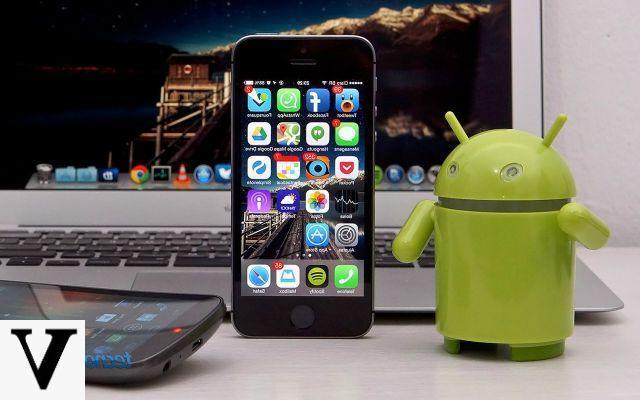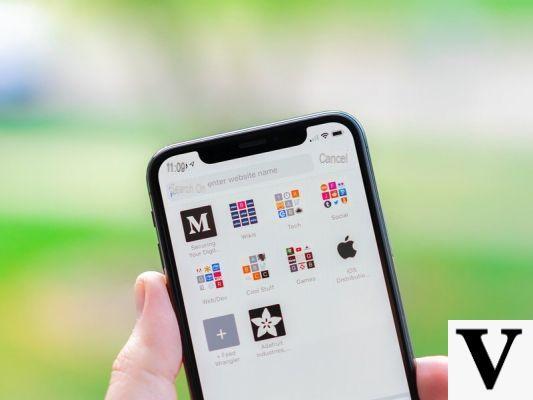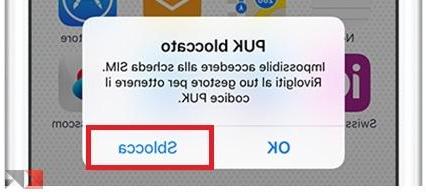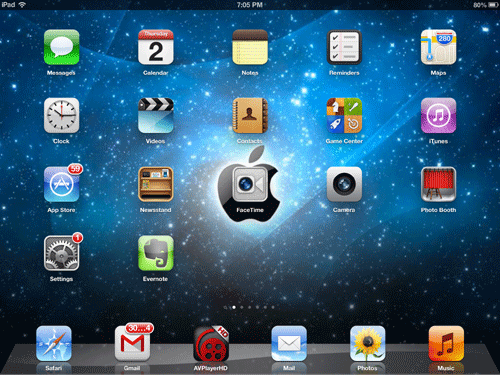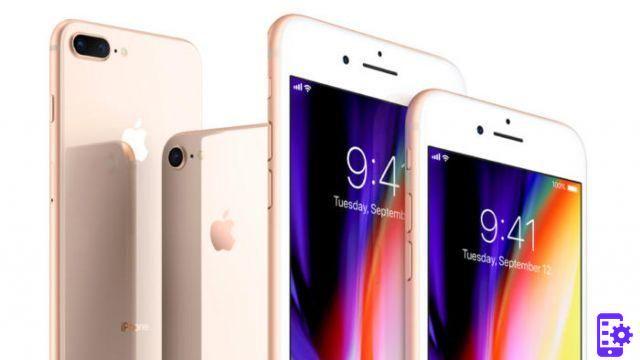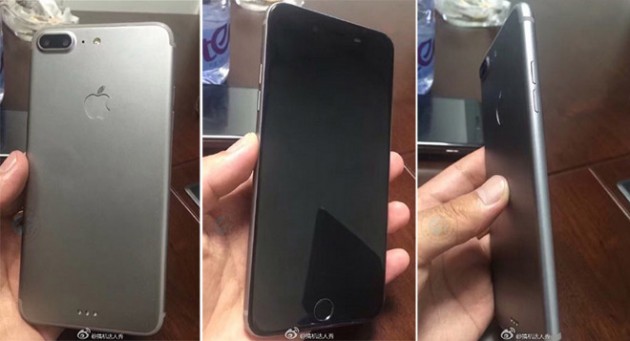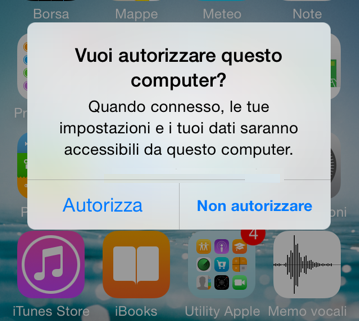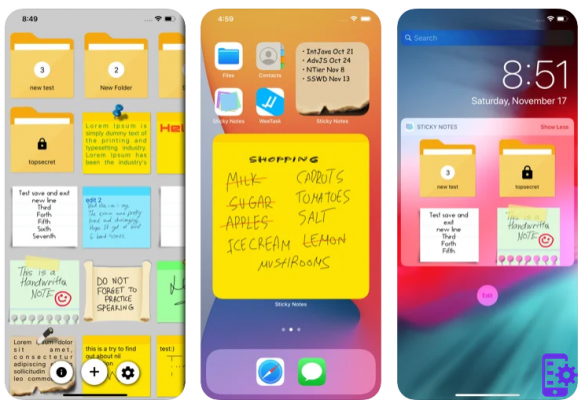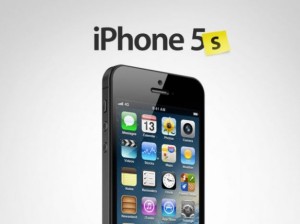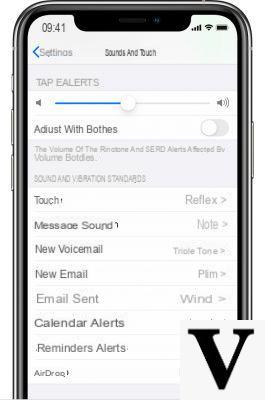We've all asked ourselves, at least once in our life: why do most Apple products have that prefix? What does the “i” of iPhone, iPad, iPod, iMac and company singers mean? Where did this "convention" originate, which has gradually become a distinctive feature of the brand to which it belongs?
The answer - or at least one of the answers - as always is to be found back in time: flashback to 1998, the first time that the magical "i" was used to name the iMac, when a satisfied Steve Jobs explains the reason for the union between the characteristic prefix and the word "Mac":
iMac is the union of the enthusiasm of the Internet with the simplicity of the Macintosh. We've tailored it to take advantage of the number one feature users demand from a computer - getting online quickly and easily.
But this was not the last meaning: in a subsequent slide, Steve Jobs explained what else that "i" meant to Apple: "individual", "instruct", "inform" and "inspire". And these would be the predominant meanings in the iPod era, since - when the first one was released - it was unable to connect to the Internet.

Meaning then returned to vogue in 2007 with the first iPhone: one of the three cornerstones of its use was precisely Internet followed by the music and calls. Since then, virtually any device is able to connect to the Internet - therefore the "i" has lost its distinctive trait and has simply become part of the Apple brand.
A brand that in its recent products has left it a bit on the sidelines: just think of the Apple Watch (and not iWatch) and the Apple TV (and not iTV), a choice that is probably due to the fact that Internet connectivity is now something to be taken for granted.




